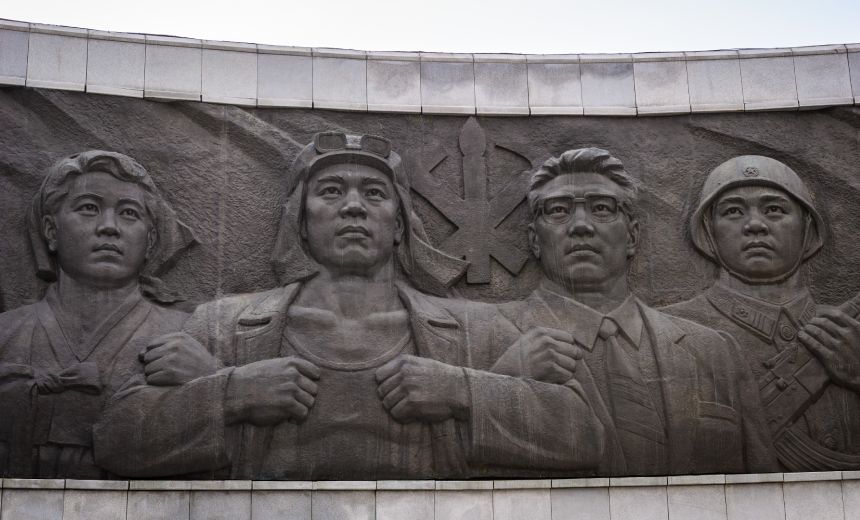Cyberwarfare / Nation-State Attacks,
Fraud Management & Cybercrime
New Report Unveils North Korean Operatives in Leading Blockchain and Web3 Initiatives

A recent investigation by a cybersecurity firm highlights North Korea’s sophisticated global cyber operations. The report details how the regime has cultivated a network of fake IT workers embedded within major international corporations, resulting in the illicit transfer of funds back to Pyongyang, which supports the nation’s military ambitions.
The DTEX report reveals that North Korean agents, motivated more by survival than ideology, are conditioned from a young age to serve as military cyber operatives or covert IT contractors. Two notable operatives, using the aliases “Naoki Murano” and “Jenson Collins,” have been identified in Russia, suspected of infiltrating Western corporate environments and connected to a cryptocurrency theft valued at $6 million.
North Korea operates various IT fronts, including a company named Chinyong, masking operatives as freelance developers spread across China, Laos, and Russia. These individuals exploit their access to blockchain technologies to redirect cryptocurrency toward the regime. Since 2017, this group is estimated to have diverted millions of dollars, leading to sanctions from the United States for financing Pyongyang’s weapons programs, as reported previously.
The DTEX report warns that North Korea’s cyber capabilities have reached a pivotal stage, utilizing increasingly aggressive tactics such as supply chain compromises and financial institution intrusions. Researchers note that North Korean operatives have infiltrated Fortune 500 companies to such an extent that it appears nearly every other Web3 project could potentially have ties to these operatives.
“The risk of unintentionally hiring North Korean IT workers is far greater than many realize,” stated Kevin Mandia, founder and former CEO of Mandiant, emphasizing the need for collaborative efforts between the private sector and government to mitigate this threat.
The report outlines a dynamic operational model wherein these operatives shift between various roles and missions, employing old identities. This contradicts the common belief that roles within North Korean cyber operations are fixed or that seasoned hackers simply vanish from the scene.
Previous studies have indicated that attacks against European tech firms often involved “facilitators” based in the UK or the U.S. A report from April by Mandiant highlighted North Korean operatives targeting roles in the defense sector and government entities, with U.S. firms remaining their primary focus even as activities extend into Europe.
Lead author Michael Barnhart underscored that his findings relied on a combination of open-source intelligence, accounts from defectors, cryptocurrency investigations, and Web3 infrastructure analysis. He utilized sensitive data from anonymous partners to intricately trace the regime’s cyber activities, including methods of transferring money, access, and identities across borders.
Barnhart cautions, “DPRK operatives are highly persistent,” warning that those monitoring them may encounter scrutiny and attempts to discern their activities. The report reflects a perilous reality for businesses and underscores the necessity for vigilance in an age where the line between cybersecurity and cybercrime is increasingly blurred.